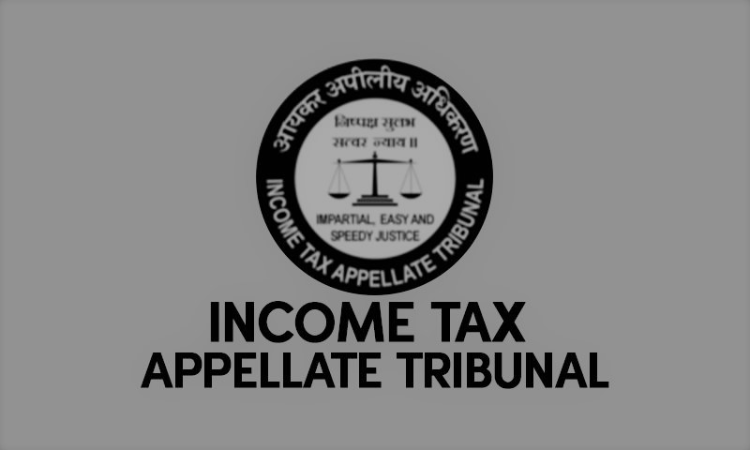Salary Reimbursements Of Seconded Employees Is Not Taxable As Fees For Technical Services: ITAT
Mariya Paliwala
2 Jun 2024 1:45 PM IST

Next Story
2 Jun 2024 1:45 PM IST
The Bangalore Bench of Income Tax Appellate Tribunal (ITAT) has held that salary reimbursements of seconded employees are not taxable as fees for technical services.The bench of Beena Pillai (Judicial Member) and Chandra Poojari (Accountant Member) has observed that the conduct of assessees is bona fide, though it was not agreed upon by the department, and it is also noted that assessees have...
